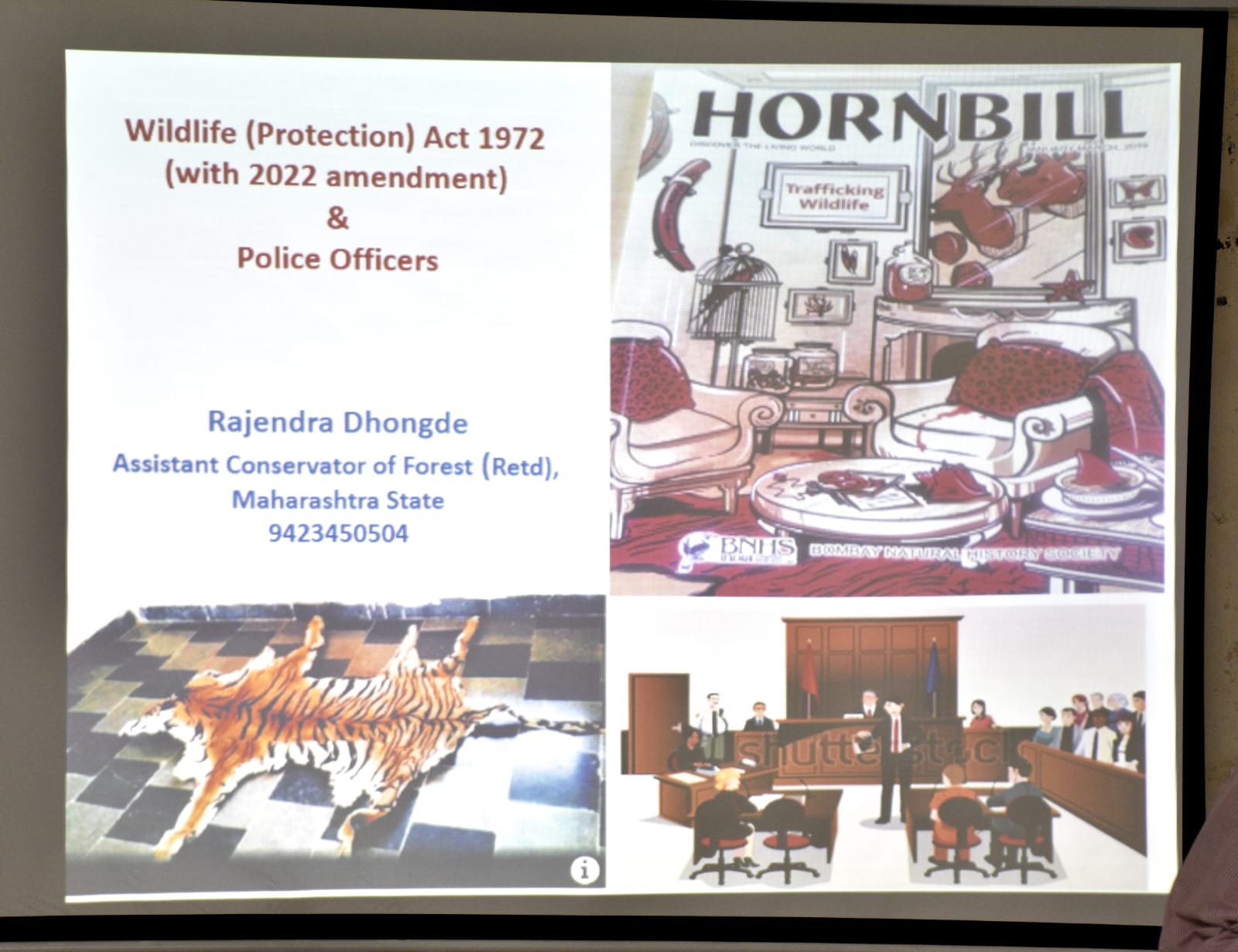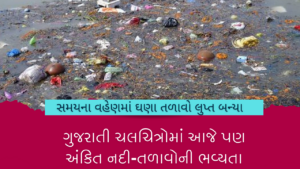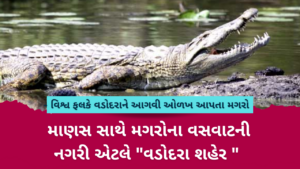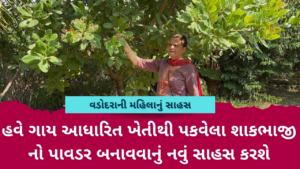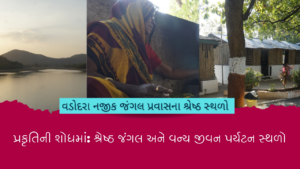In a significant step towards curbing wildlife crime and promoting conservation efforts, the Vadodara Police Department organized a one-day sensitization program in collaboration with the Wildlife Crime Control Bureau (WCCB) Mumbai. The workshop, held at the Police Headquarters in Chhani, aimed to raise awareness among police officers and jawans about the increasing threats posed by wildlife crime and the urgent need to combat illegal activities related to cruelty and trafficking of wildlife.
The event witnessed active participation from various stakeholders, including officials from the Vadodara rural police department, social forestry department, and enthusiastic animal activists. The initiative also marked the first of its kind in Vadodara, focused solely on wildlife crime prevention and control. The primary objective of the programme was to provide in-depth insights into wildlife crime, its various facets, and effective investigative approaches.
The Wildlife Crime Control Bureau, operating under the central government, has been dedicatedly working towards combating organized wildlife crime in India. By collaborating with the Vadodara Police Department, the WCCB aimed to empower law enforcement personnel with the requisite knowledge and tools to tackle wildlife crime effectively.
Mr. Yogesh Nilkanth Warkad, Regional Deputy Director of Wildlife Crime Control Bureau, Mumbai, highlighted the magnitude of wildlife trafficking as the second-largest international crime after drugs. He emphasized the urgency to sensitize law enforcement agencies, including the police department, about the gravity of wildlife crime and the critical role they play in its control.
The workshop encompassed multiple sessions, featuring experts from WCCB Mumbai, former Indian Forest Service officer Rajendra Dhongde, and Inspectors Adimallayah Doki and Rakesh Burman. The sessions delved into the nuances of wildlife crime prevention, updated laws, and amendments, and the process of investigation. A live demonstration showcased confiscated wildlife products, further driving home the importance of vigilance in curbing illegal trade.
Vishal Thakur from the Canine Group and wildlife conservationist Rushi Pathak from Ahmedabad played pivotal roles in organizing the workshop, providing valuable insights and expertise in wildlife crime prevention.
Deputy Conservator of Forest, Yagnyeshwar Vyas, expressed his appreciation for the initiative, emphasizing the significance of collaboration between law enforcement agencies and conservationists to protect wildlife and their habitats. SP Rohan Anand, representing the Vadodara district, also acknowledged the importance of the programme in enhancing the knowledge and preparedness of police and forest departments.
The workshop’s comprehensive curriculum covered a wide array of topics, such as wildlife crime identification, preventive measures, and the significance of employing legal procedures while registering cases and arresting suspects involved in such criminal activities.
This collaborative effort between the WCCB and the Vadodara Police Department reflects the growing concern for wildlife protection and the need for collective action to combat wildlife crime. With increasing awareness about the detrimental impact of such illegal activities on biodiversity and ecosystems, law enforcement agencies are stepping up to strengthen their capacities to tackle these crimes more effectively.
Through workshops like these, the aim is not only to sensitize the police force but also to instill a sense of responsibility and compassion towards wildlife preservation among the general public. Wildlife trafficking and illegal activities pose a significant threat to various species, many of which are already endangered. By working together as a team, law enforcement agencies, conservationists, and citizens can join forces in preserving the rich and diverse wildlife heritage of India for future generations.
As wildlife crimes continue to be a pressing issue, the success of this sensitization programme serves as an encouraging milestone in the ongoing efforts to protect India’s precious wildlife and natural resources. With strengthened cooperation and awareness, there is hope for a safer and more secure environment for both humans and wildlife alike.

